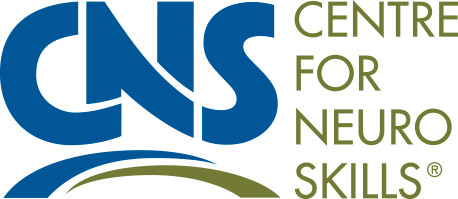Consequences of Brain Injury on Family
Brain Injury and Its Potential Impact on the Family
There are many consequences of a brain injury that can affect the family dynamic. The spectrum of emotions runs the gamut from bewilderment and powerlessness to fear and anger. CNS understands this response and offers compassionate support for the family. Counseling helps children, spouses, employers, and friends comprehend brain injury and its ramifications. Regardless of what loved ones are experiencing, CNS provides professional and peer support resources in the clinic and in the community for continued help after treatment.
Education and Preparation Are Crucial
Facing the potential consequences of brain injury is important. Those in the patient’s circle of support can better anticipate challenges, which are common and to be expected, but new to the family. Knowing about these hurdles in advance and armed with skills to mitigate upsets, families can manage and are often closer as a result of shifts in dynamics. Marital relations can begin to deteriorate, and spouses may see separation, resignation, or divorce as the only way to save themselves. Therefore communication is critical, as is knowing that a disability will affect loved ones.
A host of problems may materialize as a result of brain injury. Substance abuse by a family member can develop as a means of coping with the stress and losses associated with the injury. Siblings may act out as a result of the changes in the family and experience resentment, jealousy, and parental pressure. Work performance of the injured family member may deteriorate and result in job loss. Financial pressures can be seen as a cause of disharmony when, in fact, they may be symptomatic of underlying global stress that is more difficult to identify.
Anticipate Change and Focus on the Solution
Mentally and physically, the changes can take their toll. Individual family members, as well as the total family, can neglect themselves, both physically and emotionally, by not tending to their individual or mutual needs. Traditional support systems, such as friends and relatives, may remove themselves from supporting roles because of their inability to respond to the emotional demands made upon them. Anticipating these changes is vital to family recovery.
Another helpful mindset to adapt is living in the solution as best you can. One of the most significant shifts in family roles is a change in who becomes the breadwinner. If the patient was the primary income producer, that responsibility may transfer to the spouse. Children’s roles can change as well. Those who were focused on school and social life may have to do more at home. Brain injury care after rehabilitation also involves follow up, medical appointments, therapy, and paper work – all a new set of demands on the family.
CNS knows what the family is going through, and our experienced staff can offer hope and valuable solutions to anyone in need of help.

